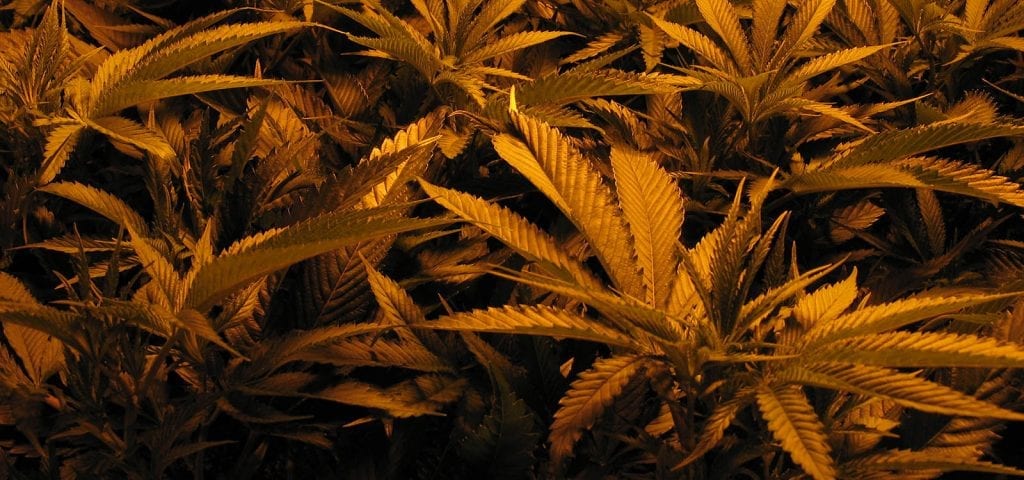Petitions have been filed with South Dakota’s Secretary of State that would legalize both medical and adult cannabis use in the state if approved by the majority of voters in the state. In South Dakota, petitioners need to collect 13,871 signatures and have them certified by the Secretary of State by November 2017 in order to put the issues to voters during the following year’s election.
The “initiated measure to legalize marijuana for medical use” would allow registered patients with a physician’s recommendation to possess up to 3 ounces of cannabis and “a minimum (not maximum) of six marijuana plants if cultivation is permitted for that cardholder.” The measure provides for cannabis access to patients with 13 specific qualifying conditions, “chronic or debilitating” wasting, pain, muscle, and nausea diseases, or other conditions approved by the state Department of Health.
The “initiated measure to legalize certain amounts of marijuana, drugs made from marijuana, and drug paraphernalia, and to regulate and tax marijuana establishments” would allow adult residents 21-and-older to possess up to 1 ounce of flower, up to 5 grams of concentrates and cultivate five plants for personal use. Non-residents would be able to purchase and possess up to one-quarter ounce of cannabis and 1 gram of concentrates.
The measure would impose taxes of $200 per pound of flower, $50 per pound on parts other than flower, and $15 per immature plants for cultivators; additional sales taxes are not outlined under the measure.
In his statement on the adult-use measure, state Attorney General Marty Jackley said the measure “has numerous conflicts with other state laws and within the measure itself.”
“Because its full scope and effect is unclear, judicial or legislative clarification will likely be necessary,” he wrote. “A court may find portions of the measure unconstitutional.”
Jackley’s statement on the medical cannabis proposal does not include such a warning, but cautions that “marijuana possession, use, cultivation and distribution remain illegal under federal law.”

